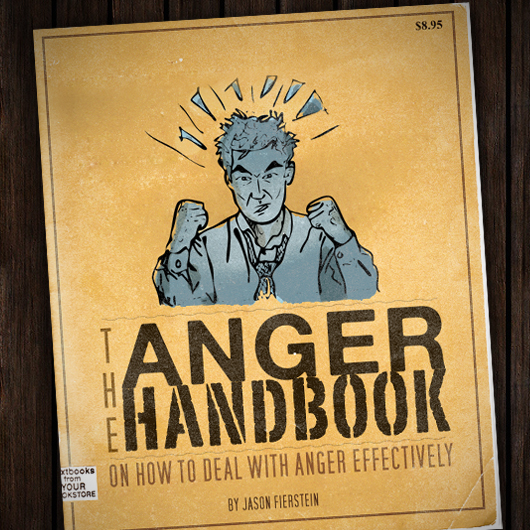There’s a saying on Facebook that depression isn’t a sign of weakness, but simply the result of being strong for too long. Somewhat true — though weakness does feed the beast.
Mood music:
I’m feeling it this morning.
I’ve always taken a certain level of satisfaction from my ability to stay standing in the face of death, illness, family dysfunction, depression and addiction. Sometimes, I get an over-inflated sense of survivor’s pride.
People love to tell you how awesome you are when you emerge from adversity stronger than before. The victor is placed on a 10-foot pedestal and life looks hunky-dory from up there. But it’s only a matter of time before the person on top loses balance and crashes to the ground.
I’ve fallen from that pedestal a bunch of times, and my ass is really starting to hurt from all those slips off the edge.
All this has me asking the question: How much can you blame depression on being strong too long when many times it comes back because the victim has been weak?
I don’t think there’s a precise answer. I only know this: I feel like I’ve been trying like a motherfucker to be strong 24-7. But I don’t seem to have the fortitude to maintain it, and I give in to weakness.
In the past, that weakness would involve indulging in food, alcohol and tobacco until I was too sick to function.
Today, the weakness involves getting angry and self-defensive and distant at the drop of a hat.
For all the progress I’ve made in managing my OCD, there are still moments where I go weak, put the blinders on and do some stupid things.
It’s the compulsion to keep staring at the laptop screen when one or both kids need me to look up and give them some attention.
It’s stopping in the middle of a conversation with my wife because the cellphone is ringing or someone has pinged me online.
It’s spending too much money on food and entertainment for the kids because it’s easier to me at the time than cooking the food myself and playing a board game with them instead.
I’ve been working double-time at bringing my compulsive tendencies to heel, going through some intensified therapy. The short-term result is that I’m an angrier person than I normally am.
My therapist made note of that anger at our last meeting. The trigger in the room was him taking me back to my younger years in search of clues to present-day debacles. I thought I was done with sessions like that five years ago.
But I’m learning that the road to mental wellness is not linear. It goes in a circle. It’s like driving to the same place every day for work. The drive to work and back is a loop of the same landmarks, the same traffic patterns and the same behind-the-wheel thinking sessions.
I’m learning that managing my issues is going to involve frequent trips back and forth from the past to the present. This pisses me off. But I know I have to keep at it.
I guess I’ll always have my weak moments because of the events that shaped me. But you can still be strong throughout it, learning to regain your footing more quickly and being better at the kind of discussion with loved ones that prevents endless miscommunication from adding up to a mountain of pain.
I don’t know when I’ll truly reach that level of strength. But for now I’m leaning hard on all my coping tools, including the music and the praying.









